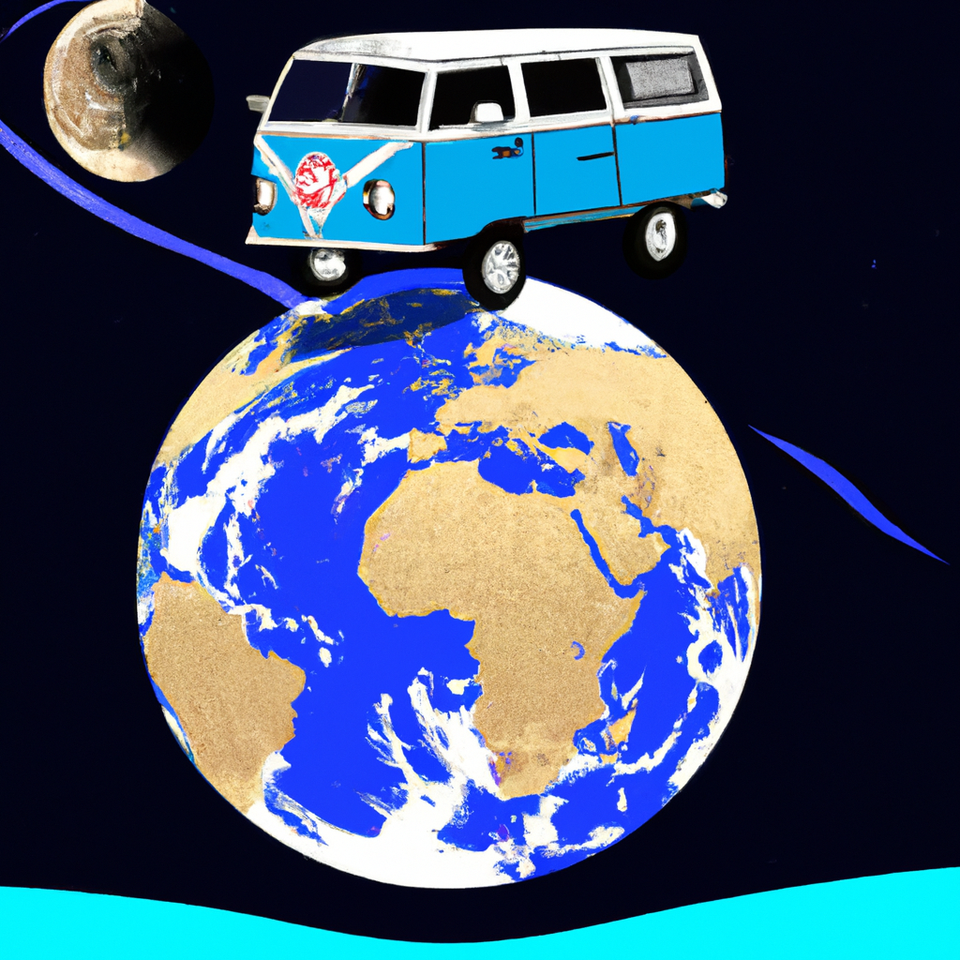Shoot for the Moon: Why Private Companies Won't Give Up on Lunar Exploration

While the moon may seem like a desolate landscape of gray rocks, soil, and craters to some, savvy entrepreneurs recognize it as a potential source of profit. Despite Ispace's recent unsuccessful lunar landing attempt, other companies are sure to follow suit in the quest to unlock the moon's commercial potential.
Why? Because it's the ultimate Transportation as a Service (TaaS) business. And if you're the one taking the goods to the moon, you'll have well-paying commercial customers like NASA.
In the near future, NASA is gearing up to send humans back to the moon, but before that, robotic spacecraft will pave the way for exploration. To achieve this goal, the space agency has initiated its Commercial Lunar Payload Services program (CLPS), which will provide funding for several commercial missions to the moon. Following a successful model established for private companies' transport to and from the International Space Station, NASA is confident in the program's potential to inspire a new commercial industry around the moon while being more cost-effective than building and launching its own vehicles.
The dream of a delivery service to the moon is not a new one.
In 2007, the X Prize Foundation launched a competition with a $20 million grand prize for the first privately-funded entity to successfully land a spacecraft on the moon, move 500 meters to a second location, and transmit data and video back to Earth. However, after 11 years, none of the teams attempted a launch, and the competition ended. Despite this setback, companies like Astrobotic Technology and Ispace continued their mission, seeing the potential for profitable business ventures beyond the prize money.
Ispace, for instance, has secured sponsorships from Japanese companies like Citizen Watch Company, Suzuki Motor Corporation, and Japan Airlines, in addition to carrying payloads to the lunar surface. Meanwhile, others are exploring the possibility of mining the moon for resources like helium-3 for future fusion power plants or rare earth metals for use in electronics.
So I personally think that a possible future scenario in our volatile VUCA world will definitely be that startups and tech giants will continue to try to expand the Transportation as a Service (TaaS) or Mobility as a Service (MaaS) business to the moon.
